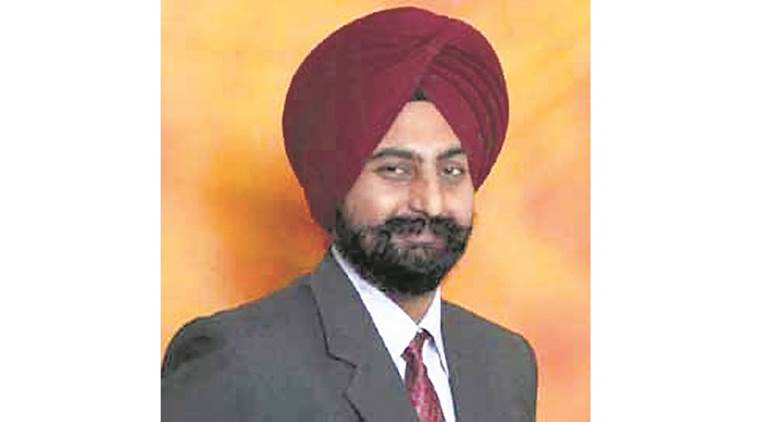- India
- International
Advocate murder case: Family affluence and youthful excitement played role in committing crime, says court
"In the case in hand, the family affluence and youthful excitement are the factors, which played a role, hand in hand and traumatised the family of the deceased for all times to come and also caused injuries to young boys, which shall have a lasting impression on their lives."
 Amarpreet Singh Sethi
Amarpreet Singh Sethi
The sessions court, which convicted nine persons for the murder of advocate Amarpreet Singh Sethi, has observed that the youthful excitement and the family affluence of the convicts had played a major role in committing the crime. The nine were sentenced for life on November 22.
“In the case in hand, the family affluence and youthful excitement are the factors, which played a role, hand in hand and traumatised the family of the deceased for all times to come and also caused injuries to young boys, which shall have a lasting impression on their lives. Considering the gravity of the offence, there are no extenuating or mitigating circumstances, available on record, which may justify any lenient imposition of sentence upon the convicts,” said Sessions Judge Archna Puri, who pronounced the qantum.
The judge further observed, “I have heard the convicts as well as their respective counsel and the public prosecutor for the state on the quantum of sentence. In their separate statements got recorded, the convicts have expressed mitigating circumstances and prayed for a lenient view.”
The judgment further stated that the purpose of just punishment is designed so that the individuals in the society, which ultimately constitute the collective, do not suffer, time and again, for such crimes. It serves as a deterrent. True it is, on certain occasions, an opportunity may be granted to the convict for reforming himself, but it is equally true that the principle of proportionality between an offence committed and the penalty imposed are to be kept in view. While carrying out this complex exercise, it is obligatory on the part of the court to see the impact of the offence, on the society, as a whole and its ramifications on the immediate collective as well as its repercussions on the victim.
While commenting on the defence counsel’s plea in which it raised questions on the timing of registration of the FIR, the judgment said that on behalf of some of the accused, it has been submitted that there is delay in registration of the case. The judgment read that the occurrence had taken place at 8 pm. Information was received at the police station at 10.15 pm. It is quite obvious that when such incidents take place, anxiety of the caretakers of the victims is firstly to provide medical aid to the victims and to save their lives. The family members of the victims are awe struck and feel aghast.

They take time to recoup their strength and initiate the legal process. In the case in hand, soon after the occurrence, the victims were taken to Fortis hospital, Mohali. The Investigating Officer, Inspector Atul Soni, also reached Fortis and recorded the statement of complainant Manjit Singh, who had witnessed the occurrence and is father of one of the injured.
As per the statement, proceedings were completed at 10 pm. Considering the same, the FIR, thereafter, was registered and it reached the magistrate around 12.30 am. Such being the seratium of facts, when the FIR was received by the magistrate, soon after the case was registered, in no manner, can it be concluded that there was delay in initiation of action. Also, there is no material, as such, coming forth, to conclude about this FIR, to be antedated and antetimed.
“Time intervening after taking place of the occurrence and recording of the statement of complainant Manjit Singh is quite justifiable. No such delay is spelt out, which gives room for false implantation. As such, on this count, the submission, so made, is not tenable,” said the judgment.
The judgment also mentioned that the arms licence recovered from PG accommodation of the accused and in view of the testimony of Rajinder Kumar, it stands amply established that accused Dharminder Singh had forged the arms licence and the entry of purchase of the rifle and in fact, used the same and thus, accused Dharminder stands established to have committed offences under sections 468 (forgery for purpose of cheating )and 471 (using as genuine a forged document) of the Indian Penal Code.
Must Read
Apr 19: Latest News
- 01
- 02
- 03
- 04
- 05






































